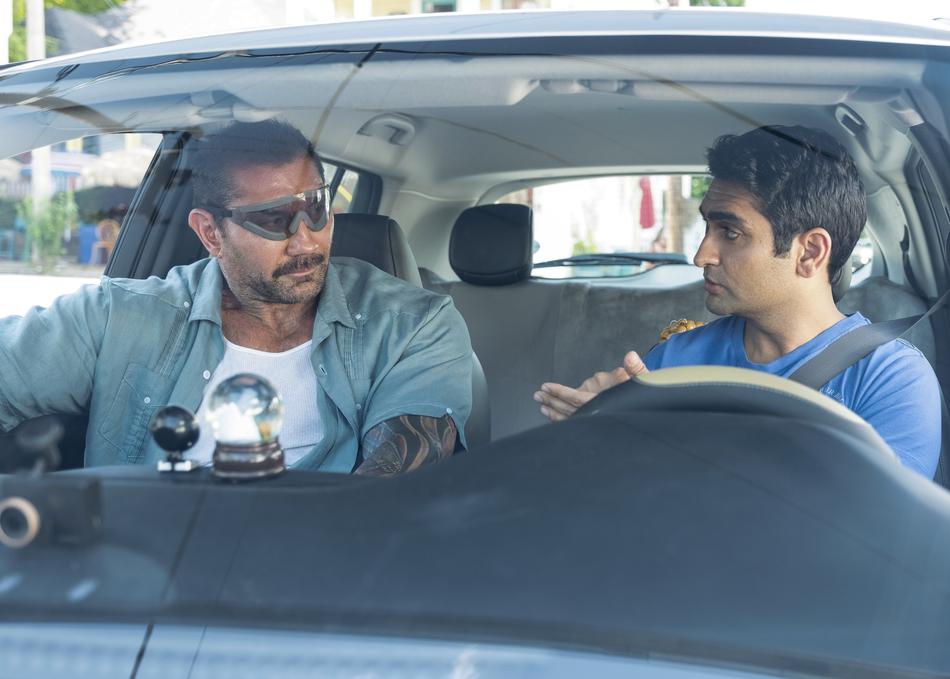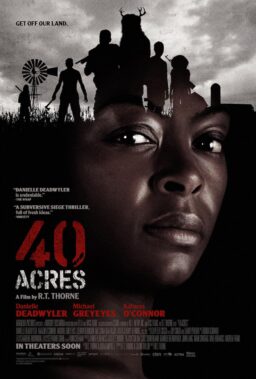Among the crowd of movie stars who made their way to South by Southwest, the odd couple pairing of Dave Bautista and Kumail Nanjiani made Michael Dowse’s work-in-progress screening of “Stuber” a hot ticket in the middle of the fest. The buddy comedy movie is full of action and quippy one-liners, but in a year with a strong comedy line-up like “Booksmart” and “Good Boys,” “Stuber” felt like it didn’t stand out. Nanjiani and Bautista’s performances are fun, and the addition of Iko Uwais from “The Raid” adds an extra element of thrilling fight choreography, but the team does not have the screenplay to match what the cast is giving to it. Instead, the two main characters often argue over what it means to be a man as women are often the butt of jokes or antagonists. There’s a friendzoning subplot that feels like it’s from another decade, and it is disappointing to see the star and writer of “The Big Sick” reduced to this part.

One of my favorite moments of the festival came from a movie I caught on a brief suggestion. “Vai” had no famous names or faces attached, but one woman I spoke with kept telling me I should check it out because it was “gorgeous.” If anything, she undersold it. It isn’t just gorgeous, it feels spiritually poignant, a reaffirmation of cultural identity and a showcase of the strength of women’s stories. The seven-part anthology film from New Zealand follows an indigenous character named Vai (or variations of the name) at different stages of her life on different islands in the Pacific. The movie shows different practices, different ways of dress, different problems, features different languages, deals with different themes of diaspora and sacrifice. Yet, there’s also an undercurrent of resilience, of what it means to hold onto to one’s cultural heritage against the pressures of time and conformity. It’s visually gorgeous because the nine women filmmakers who worked on the seven shorts that make up the story of “Vai” capture the natural surroundings so vividly, but it’s also gorgeous in the way the filmmakers connect their versions of “Vai” to life, family and the traditions we pass on to future generations.

Over in the Visions category, “Jezebel” is a family story of a different kind. After the loss of her mother, 19-year-old Tiffany finds herself stuck with her antagonistic brother, her sister, her sister’s daughter and her sister’s deadbeat boyfriend in a Las Vegas motel. Her sister, who works as a phone sex operator, encourages Tiffany to work as a cam girl. Since “Jezebel” is set in the late ’90s, this is very different than the cam girl industry of today, and the archaic tech makes for some hilarious comedic setups. More importantly than laughing at clunky keyboards and video buffering delays in chat rooms, is the movie’s focus on Tiffany’s experiences in these two worlds: the peach-lit bonding scenes between her and her sister at home, and the cool, artificial lights at work where women fake pleasure for unseen viewers. Written and directed by Numa Perrier, “Jezebel” follows her wobbly first steps into learning to embrace her sexuality, stand up for herself, and navigate a world of mean girls and rude strangers.












